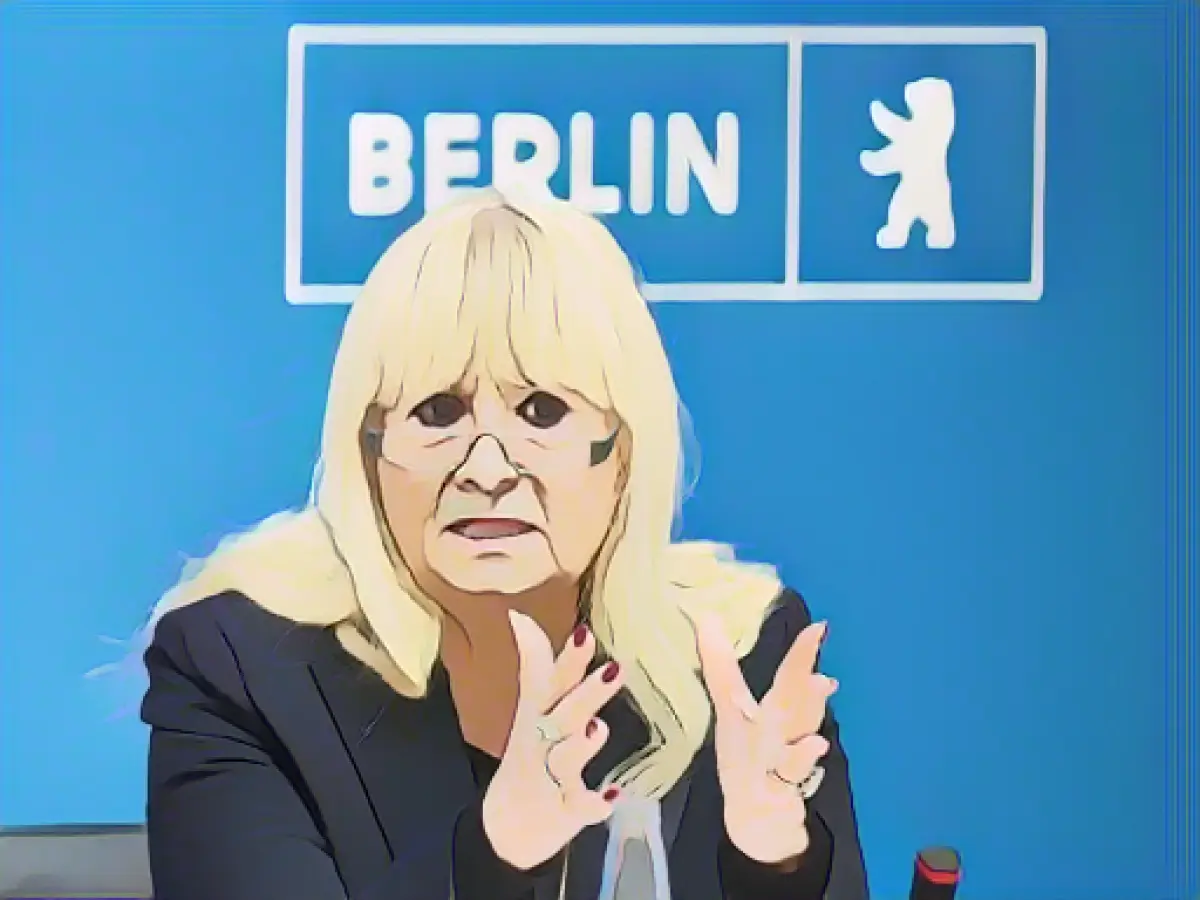In an investigation spearheaded by Berlin's Senator of the Interior, Iris Spranger, three association premises and two residential addresses were raided in Berlin. The target was the "Islamic Center Hamburg" (IHZ), suspected of acting against the constitutional order and spreading hatred towards Jews and Israeli citizens. The raid, carried out by 160 police officers, was part of a broader crackdown on alleged Hezbollah and Iranian-backed activities in Germany.
According to investigations, a secret network of Hezbollah operatives was discovered in northern Germany, involving mosques, scout groups, and cultural centers. A key figure, Hassan M, was at the center of this network, reporting directly to Hezbollah's leadership in Lebanon and involved in organizing training workshops and drumming up support for Hezbollah.
The Blue Mosque in Hamburg was identified as an Iranian outpost and a hub for Hezbollah activities, used for spreading propaganda and supporting Hezbollah's activities. Its deputy head, Seyed Mousavifar, was deported due to alleged links to Hezbollah, and the mosque was linked to a banned charity, "Humans for Humans," accused of being a Hezbollah front organization.
The raid against IHZ and the subsequent investigations culminated in the ban of the Islamic Center Hamburg by German Interior Minister, Nancy Faeser, in July 2023. However, the ban was met with opposition, with some congregation members claiming they were victims of a political stand-off and had not seen anything untoward in the mosque's activities.
German intelligence services had been monitoring the Blue Mosque and other suspected Hezbollah-linked entities for years, describing it as "the most important representation of Iran in Germany besides the Iranian embassy" and an important propaganda center for Iran in Europe.
The Islamic Center of Hamburg is currently suing the Interior Ministry to block the ban, arguing that the allegations against it are unfounded, highlighting the ongoing debate about religious freedom and the balance between security concerns and civil liberties in Germany. The closure of the mosque and the subsequent raids have been met with opposition from some politicians and community members, who argue that the measures are overly restrictive and target specific religious groups unfairly.
In summary, the raid and subsequent actions against the Islamic Center Hamburg were part of a broader effort to combat suspected Hezbollah and Iranian-backed activities in Germany, focusing on mosques and cultural centers that were allegedly promoting sentiments hostile towards Israel and acting against the constitutional order. The crackdown has been met with legal challenges and public debate about the balance between security and civil liberties.








